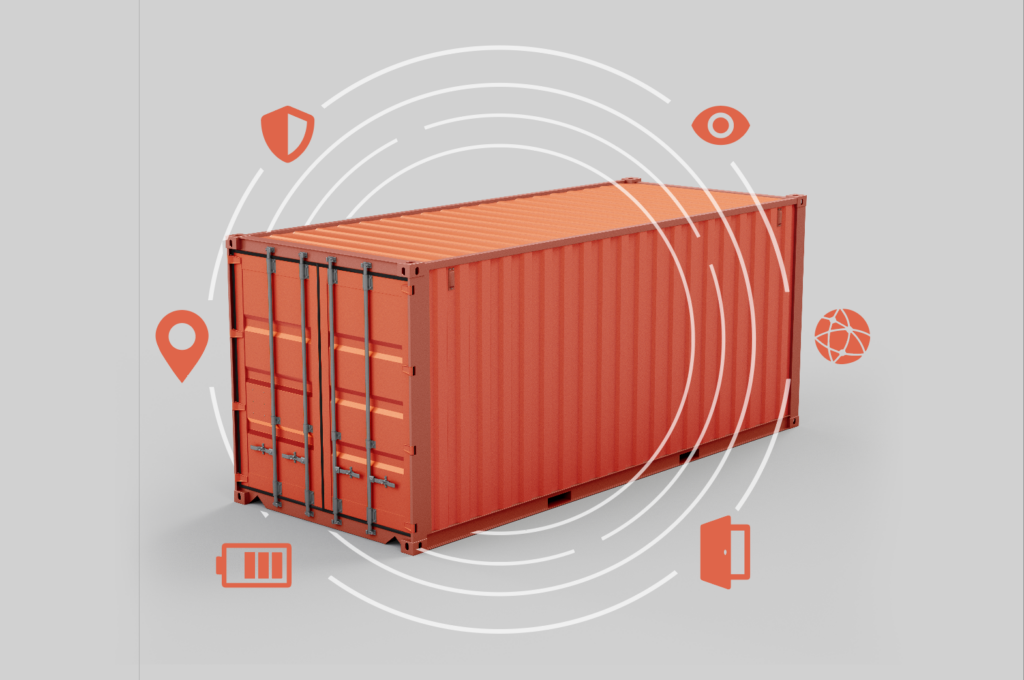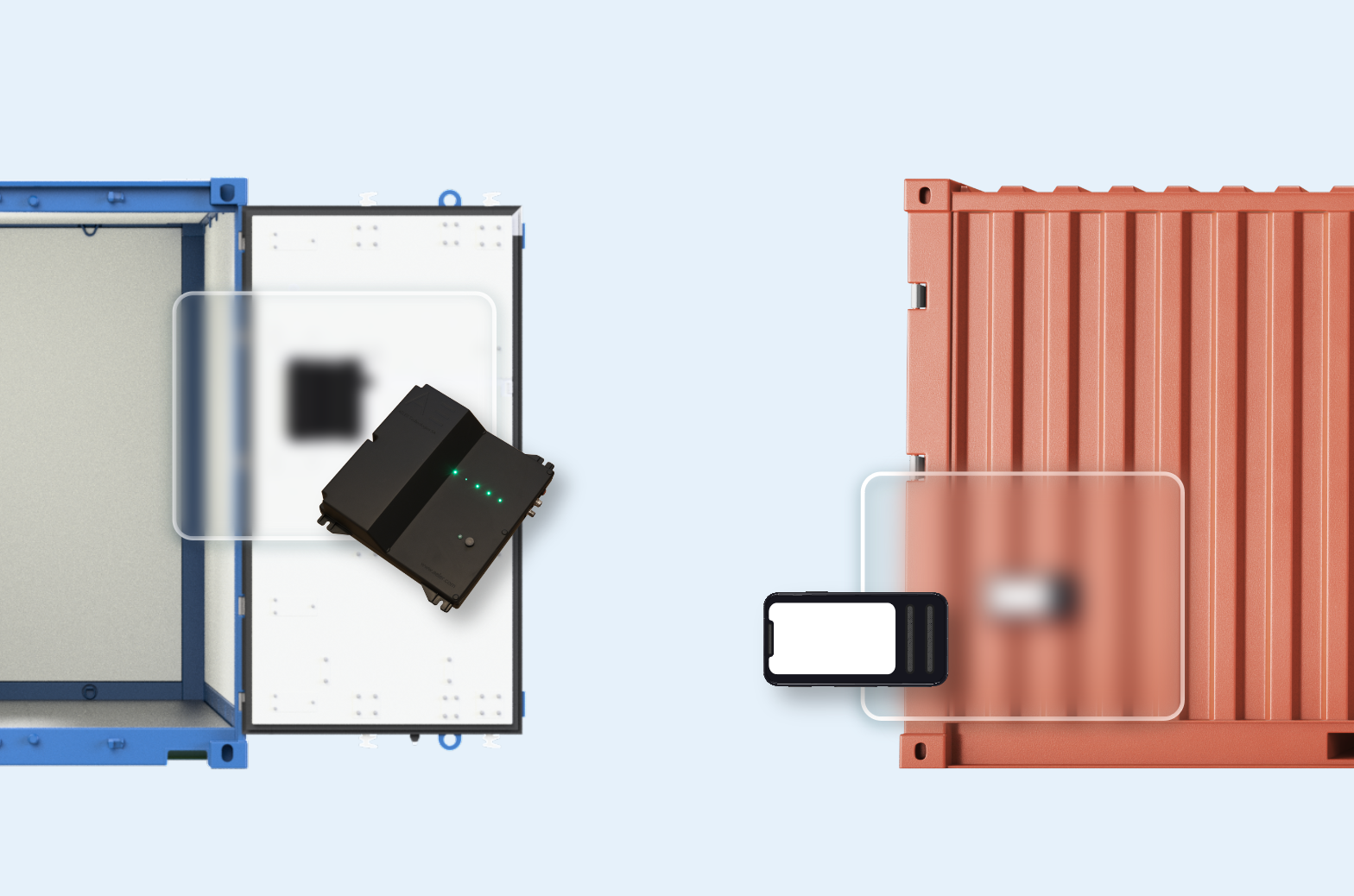In recent years, the shipping industry has witnessed significant advancements in container safety technology, enhancing the security and efficiency of global trade. This comprehensive blog post explores the latest developments in shipping container safety technologies, their benefits, and their impact on the industry.
Introduction
Shipping containers are the backbone of international trade, facilitating the movement of goods across the globe. Ensuring their safety is paramount to protect cargo, personnel, and the environment. Recent technological innovations have revolutionized container safety, addressing challenges such as theft, damage, and environmental hazards.
Evolution of Shipping Container Safety
Shipping Container Safety Technology Advances. Traditionally, container safety relied on manual inspections and basic locking mechanisms. However, the increasing complexity of supply chains and the value of transported goods have necessitated more sophisticated solutions. Technological advancements have introduced automated systems, real-time monitoring, and enhanced security measures, transforming container safety protocols.
Advanced Tracking Systems
Modern tracking technologies provide real-time visibility of container locations and conditions. GPS devices, RFID tags, and IoT sensors enable continuous monitoring, allowing stakeholders to track shipments accurately and respond promptly to any anomalies. These systems enhance operational efficiency and reduce the risk of theft or loss.
Smart containers leverage cutting-edge GPS technology to provide highly accurate location data, empowering shippers and logistics providers to track the real-time movement of goods with unprecedented precision. By harnessing this advanced solution, businesses can optimize delivery routes, resulting in improved efficiency and effectiveness throughout the entire supply chain process. This innovative approach not only enhances visibility and transparency but also enables proactive decision-making and timely interventions, ensuring seamless operations and customer satisfaction.
Smart Containers

Smart containers are equipped with sensors that monitor various parameters, including temperature, humidity, and shock levels. This data ensures that sensitive cargo remains within specified conditions throughout transit, preventing spoilage or damage. Additionally, smart containers can detect unauthorized access, triggering alerts to prevent tampering or theft.
Smart container technology combines cutting-edge electronic and digital features with conventional shipping containers, empowering them to collect, analyze, and transmit valuable data transmission during transportation. These containers are equipped with IoT sensors that gather data, and monitor environmental conditions like temperature, humidity, and pressure, ensuring the safe handling of delicate cargo during transit. Furthermore, GPS tracking capabilities offer real-time visibility into the container’s location.
Enhanced Security Measures
To combat cargo theft and unauthorized access, advanced locking mechanisms and surveillance technologies have been developed. Biometric locks, electronic seals, and CCTV systems integrated into containers provide multiple layers of security, deterring potential breaches and ensuring cargo integrity.
Smart containers revolutionize the supply chain by enhancing transparency and visibility. With real-time information on cargo location, condition, and status, businesses can make proactive decisions and efficiently manage their inventory. By leveraging advanced technologies, such as IoT and data analytics, smart containers enable seamless tracking, monitoring, and optimization of goods throughout the entire logistics process. This ensures that businesses have a comprehensive understanding of their supply chain operations, leading to improved efficiency, reduced costs, and enhanced customer satisfaction.
Autonomous Container Handling
Automation in container handling has improved safety and efficiency in ports and terminals. Automated cranes and guided vehicles reduce human error and accidents, streamlining operations and minimizing downtime. These technologies also enhance precision in stacking and retrieving containers, optimizing space utilization.
Environmental Monitoring Systems
Environmental concerns have led to the development of systems that monitor and control the ecological impact of shipping containers. Sensors detect hazardous materials, leaks, or emissions, ensuring compliance with environmental regulations and preventing potential disasters.
By leveraging advanced technology, smart containers enable precise control over environmental conditions, such as temperature and humidity. This level of control not only reduces food waste but also minimizes the carbon footprint of transportation, contributing to a more sustainable supply chain. With the ability to optimize storage conditions and prevent spoilage, smart containers play a crucial role in promoting efficient and eco-friendly practices throughout the entire food distribution process.
Fire Detection and Suppression Systems
Innovations in fire safety include early detection systems and automated suppression mechanisms within containers. These technologies identify fire hazards promptly and activate suppression systems to contain incidents, protecting cargo and preventing the spread of fire to other containers or vessels.
Regulatory Compliance and Standards
International regulations mandate specific safety standards for shipping containers. Technological advancements assist in meeting these requirements by providing accurate data and automated compliance checks, ensuring that containers adhere to safety protocols and legal obligations.
Challenges and Future Prospects
Despite significant progress, challenges such as high implementation costs, interoperability issues, and cybersecurity threats persist. Ongoing research focuses on developing cost-effective solutions, enhancing system integration, and fortifying cybersecurity measures to ensure the continued advancement of container safety technologies.
Conclusion
The integration of advanced technologies in shipping container safety has transformed the logistics industry, enhancing security, efficiency, and environmental sustainability. As innovations continue to emerge, the future of container safety promises even greater advancements, ensuring the seamless and secure movement of goods worldwide. Check out modified shipping containers


